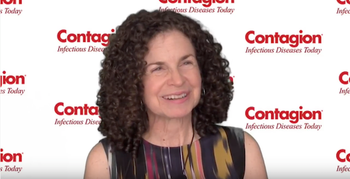
Jessica Justman, MD, explains the PHIA Project (population-based HIV impact assessments).

Jessica Justman, MD, explains the PHIA Project (population-based HIV impact assessments).
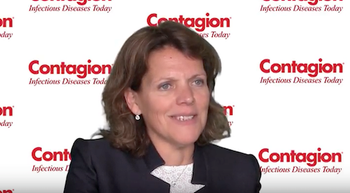
Hanneke Schuitemaker, PhD, explains what makes Janssen’s new HIV-1 vaccine regimen unique.

Alex Rinehart, PhD, Director, Global Prevention Strategy, ViiV Healthcare, explains what makes cabotegravir a unique medication for HIV.
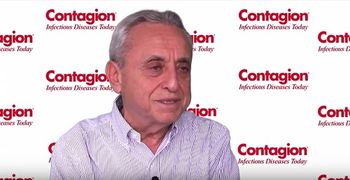
Pedro Cahn, MD, explains the new formulation of raltegravir HD.
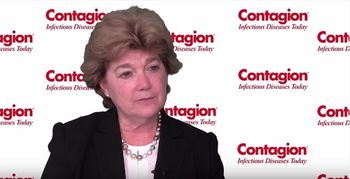
Kathleen Squires, MD, explains how HIV treatment has changed since the 1980s.
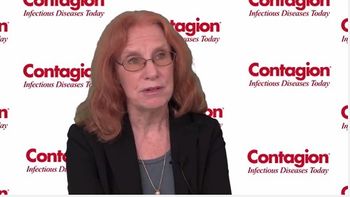
Lynne Mofenson, MD, shares an update on the health burden of mother-to-child transmission (MTCT) of HIV.
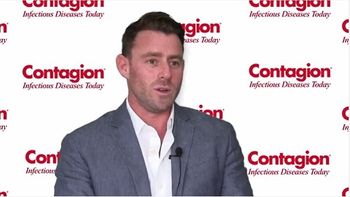
Jake Glaser discusses how generating interest for the response to HIV and AIDS has changed since the 1990s.
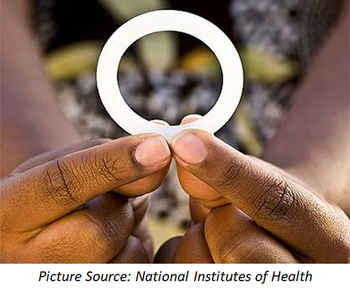
A phase 2a clinical trial has found the dapivirine vaginal ring to be a safe and acceptable means for HIV prevention in adolescents, who showed notably high adherence when using the ring.
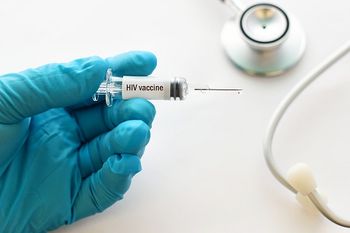
The NIH has released the findings of the first of 2 early-stage clinical trials on assessing the safety and effectiveness of HIV candidate vaccinations that support additional development of vaccines.
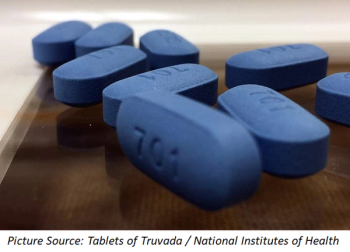
Phase 2 study finds that the use of daily oral Truvada as a means of HIV prevention is safe and acceptable.
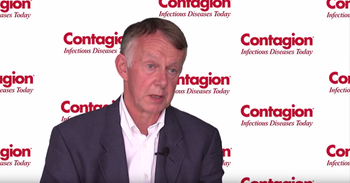
Peter Williams, PhD, discusses the LATTE-2 trial for HIV treatment.

Magda Opsomer, MD, explains why darunavir may be more beneficial than other HIV medications.
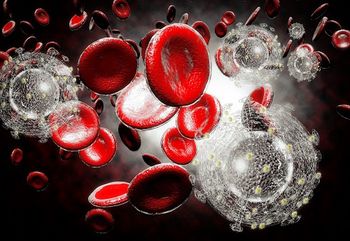
Researchers reported at the 9th IAS Conference on HIV Science that a HIV-infected child who had been treated in infancy has maintained remission without drugs since 2008.
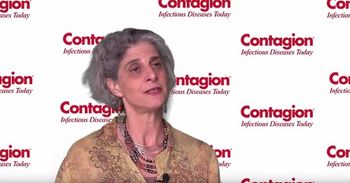
Ariane van der Straten, PhD, MPH, explains the different attributes of administering pre-exposure prophylaxis via a HIV biomedical implant.
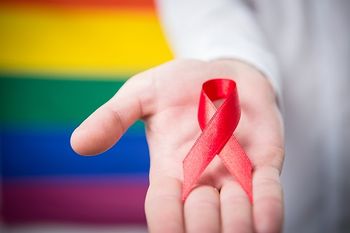
A recent study finds that the majority of HIV-infected transgender women are anxious about taking ART and feminizing hormone therapy simultaneously due to hazardous drug interactions.
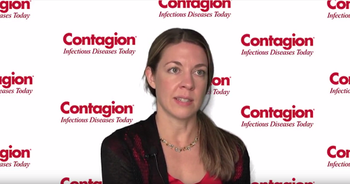
Leah Johnson, PhD, discusses the biomedical HIV prevention implant that is being developed by RTI International.
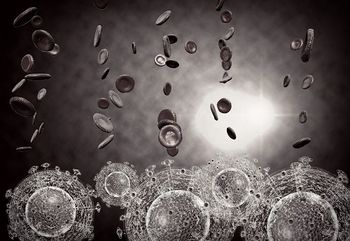
WHO and IAS come together to create the first-ever global research prioritization agendas at the 9th IAS Conference on HIV Science in Paris, France.
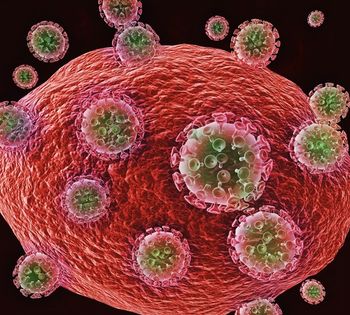
The results of a phase 2 trial for a 2-drug regimen of long-acting cabotegravir and rilpivirine and a 3-drug regimen in patient with HIV showed comparable viral suppression rates at 96 weeks.